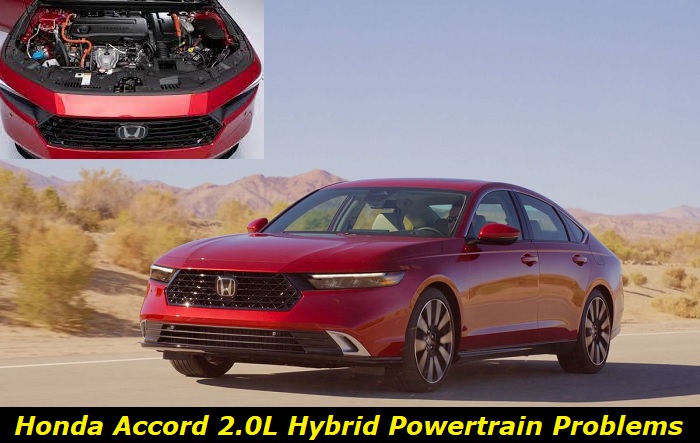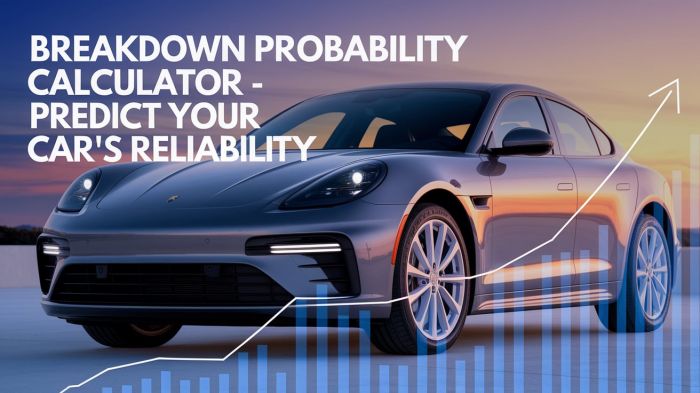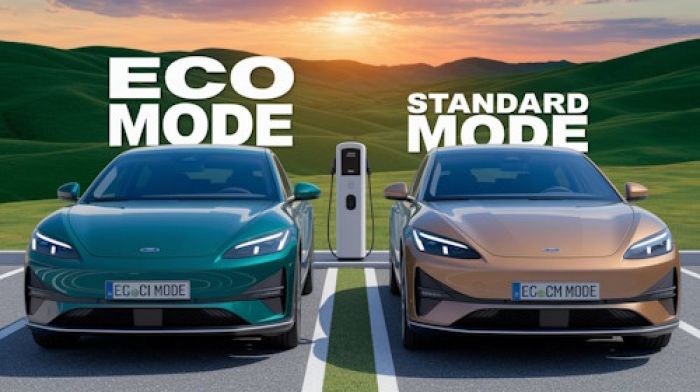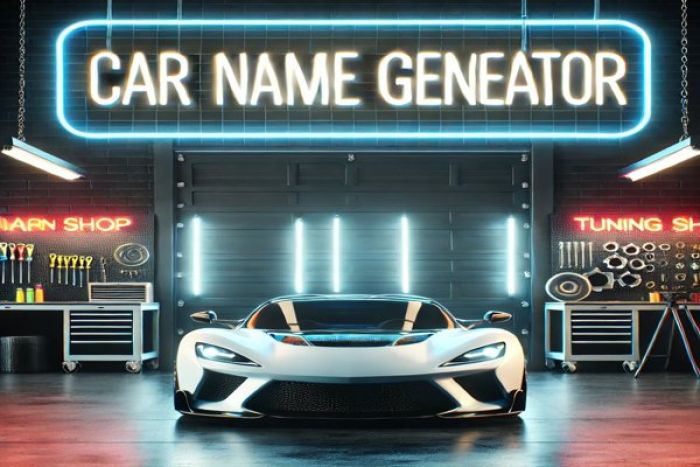When it comes to engines, Honda is one of the leaders in making really high-quality and durable technologies. The Accord has always been the vehicle that offers reliable engines. It could drive tons of miles with no problems. Although this no-problem era has come to an end, Honda technologies are still top-notch and will surprise you with their efficiency.
Today, we'll tell you about the 2.0L hybrid powertrain that is offered in the new 11th-generation Honda Accord as the option along with the base non-hybrid engine. This is a slightly changed hybrid powertrain in comparison with the tenth-generation Accord, so it's worth taking a look and refreshing something you may already know about it.

Key features and my opinion about the engine
- Production years:2023-now
- Average lifespan of LFC5:180,000-220,000
- Fuel supply type:port injection
- Power range:204 hp
- Fuel efficiency:excellent
- Engine block material:aluminum
- Engine reliability score:medium
- The most common problems:hybrid battery pack issues, problems with electronics, timing chain stretching.
Key facts about the Accord Hybrid powertrain in 2023
So, the new Accord was presented in 2022 and in one year it started selling in the US. The base engine for the vehicle is the 1.5L Turbo engine - quite the same as you will find in the CR-V but the one in Accord has 2 more horsepower. But if you want a more sophisticated and efficient vehicle, there is only one option left for you - the 2.0L Hybrid LFC5 powertrain.
This is a power-split hybrid vehicle that has one gasoline engine and two electric motors. Although the gas engine can power the wheels directly, it's mainly used for charging the hybrid battery. The system is pretty clever and can adjust to your driving style and road conditions very quickly.
Here are some facts you may want to know about the vehicle:
- the nature of this hybrid powertrain is more or less the same as in the previous generation Honda Accord Hybrid;
- the gas engine powers one of the electric motors which in turn charges the battery which in turn powers the main electric motor;
- in most cases, the main electric motor will be used to rotate the wheels, but the gas engine may sometimes kick in to help it;
- the most important advantage of this powertrain is the fuel economy which reaches 41 MPG on highways and mind-blowing 46 MPG in cities;
- the overall power is 204 hp and the torque is 247 lb-ft - it's not really a lot but we believe absolutely enough for comfortable driving;
- also, the 1.06-kilowatt battery doesn't seem big enough for its purpose, but it works well according to the first tests;
- the vehicle is equipped with the e-CVT transmission which is the industry standard for more or less all popular hybrid vehicles.
So, this is the two-electric-motor hybrid system that was first used by Honda in 2014. The manufacturer says that Honda sold about 300,000 cars in the US equipped with this technology and the feedback from buyers is fantastic. Well, OK, let's check if it's true in the problems section later in this article.
By the way, if you know something about the 2-liter CR-V hybrid, you can apply this information to the Accord 2.0L Hybrid. They are almost the same in terms of technology and specs. This type of hybrid vehicle is really well-researched and drivers have written tons of positive reviews. But before you grab your wallet and rush to the nearest Honda dealership, let us add a pinch of salt to this.
What's the durability of the Honda Accord 2023 hybrid powertrain?
The durability of any hybrid vehicle will depend on three main components: gas engine, battery pack, and transmission. Let's look at these factors in the new Honda Accord Hybrid.
So, the gasoline engine is a 4-cylinder non-turbo engine without too much power and with basically the task to charge the battery. It's going to live quite long unless you forget to change the oil and filters. The engine is not problematic but needs accurate and regular service. Our rough estimate for the longevity of this engine is 200,000 miles before it needs serious repair. Not bad so far.
The e-CVT transmission is not going to last that long without any problems. Although we found a lot of opinions stating that the e-CVT from Honda should last as long as the engine, we completely disagree with that. It will last just a little longer than the average CVT - 120,000 miles or so. After that, you have two options - replace it with the new one or repair it. Both options are extremely expensive.
The battery pack will last around 7 years or up to 100,000 miles. And it's a really optimistic guess because the 1.06-kilowatt battery still seems to be too small for the big and heavy sedan car. We would start being concerned about the battery at 70-80 thousand miles. Replacing the battery pack is cheaper than in an EV, but it's still going to hit your budget heavily.
So, please make your own conclusions. But the new Accord Hybrid seems to be a good vehicle for 100K miles to us. After this milestone, it's going to require some money from your pocket.
What are the common problems with the Accord 2.0 hybrid powertrain?
Although Honda is still considered one of the most reliable car brands, more and more reports about the issues are found online. We will ignore those wiring issues and electronics problems that are growing in number every day because our today's goal is to talk solely about the powertrain.
So, here are the common issues with the engine and battery pack in the Honda Accord Hybrid:
1. Engine turning off unintentionally
This may be not exactly the engine problem but still. In your new Accord Hybrid LFC5, the engine may turn off unintentionally after throwing the check engine light on the dash. Instead of going into limp mode, it will just turn off in the middle of the road and cause some dangerous situations.
The interesting thing is that the engine will work well after you restart it. So, it's most likely one of the software glitches or wiring to blame. But the problem seems to be quite common for the 2.0L hybrid powertrain.
2. Fuel pump issues
They started in the previous generation and buyers were hoping that these problems have been successfully solved by Honda engineers. But they forgot about it apparently. Because the first owners of the new Accord Hybrid vehicles keep reporting fuel pump failures.
The fuel pump may just stop working without any symptoms or errors. It just stops pumping the fuel and the engine dies or doesn't start. This may also lead to dangerous situations on the road.
3. Soy-based wiring issues
You may have heard that those eco-friendly things in cars are never good for durability. Here's another nightmare for some Honda owners: soy-based wiring isolation. If you store your Honda Accord Hybrid in a garage where rodents are likely to appear, they may just chew that soy-based wiring isolation causing wiring problems in the engine and the whole powertrain.
You should also know that wiring problems in hybrid vehicles are the worst horror you can imagine. They are hard to diagnose and solve and sometimes repairs will cost you a fortune.
4. eCVT problems
The transmission is more or less good but it will require repair or replacement at 100,000 miles. It's too soon to change the car and it's too expensive to just pay for that repair. And unfortunately, this is not the only expensive problem that comes at 100K miles.
5. Poor battery lifespan
Another expensive issue that is likely to happen at 100K miles is the death of the battery pack. It's not as expensive as in EVs, but still, it will require some investments. With the dead battery pack, the Accord Hybrid will burn more fuel than the non-hybrid 1.5L Turbo version of the vehicle.
How to prolong the lifespan of your new Honda Accord 2.0L Hybrid?
First of all, you should understand that whatever you do, the vehicle will require a lot of investments somewhere around 100K miles. But even to drive your Accord to this point, you should provide it with some TLC.
Here are some obvious things you should follow:
- avoid aggressive driving to protect the eCVT transmission;
- maintain your Honda in accordance with the requirements;
- never buy aftermarket parts or fluids;
- avoid leaving the vehicle outside when the weather is too cold;
- avoid leaving the vehicle where rodents can be;
- address all minor issues immediately, and never ignore error messages and warning lights.
But this will only help you save your time and money and avoid minor and major problems that could otherwise happen prematurely. Anyway, when the Accord reaches 100K mikes, it may ask for a lot of money. If you are reading this and are thinking about the 1.5L Turbo version, remember that it also has the CVT transmission that is only slightly more durable than the eCVT one. Just keep all this info in mind to choose the best vehicle for you.
About the authors
The CarAraC research team is composed of seasoned auto mechanics and automotive industry professionals, including individuals with advanced degrees and certifications in their field. Our team members boast prestigious credentials, reflecting their extensive knowledge and skills. These qualifications include: IMI: Institute of the Motor Industry, ASE-Certified Master Automobile Technicians; Coventry University, Graduate of MA in Automotive Journalism; Politecnico di Torino, Italy, MS Automotive Engineering; Ss. Cyril and Methodius University in Skopje, Mechanical University in Skopje; TOC Automotive College; DHA Suffa University, Department of Mechanical Engineering






Add comment